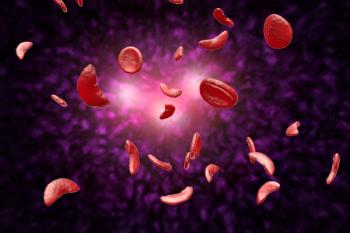
The therapy seems to have a similar benefit in the first patient with TDT in the EdiTHAL trial.

The therapy seems to have a similar benefit in the first patient with TDT in the EdiTHAL trial.
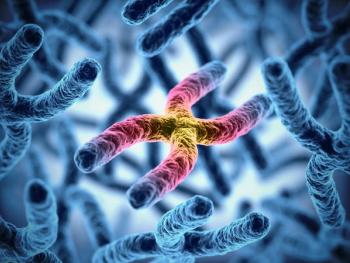
Follow-up data up to 3 years showed supraphysiologic levels of blood IDUA and decrease of GAGs.
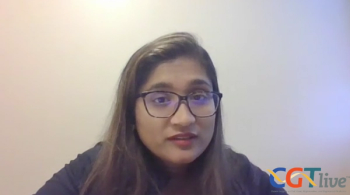
The assistant professor in the Division of Hematologic Malignancies and Cellular Therapeutics at the University of Kansas Medical Center discussed the real-world data she is presenting at EHA’s 2023 congress.
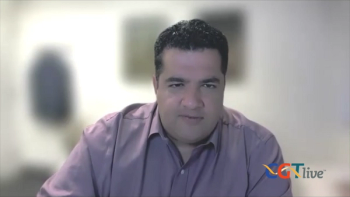
The associate professor at Fred Hutch Cancer Center discussed data presented at the EHA 2022 Congress.
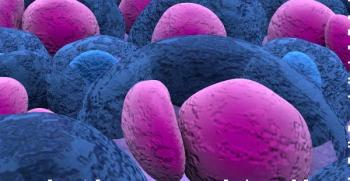
The therapy is now being evaluated in a phase 2 study.
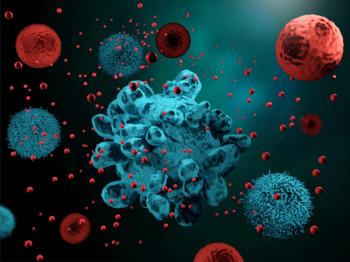
CTX130 is also being investigated for the treatment of r/r renal cell carcinoma in a phase 1 clinical trial called COBALT-RCC (NCT04438083).
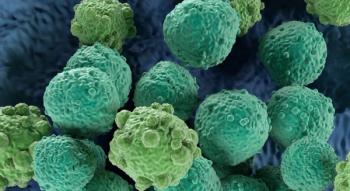
Mustang Bio presented data on MB-106 at the 2022 EHA Congress.
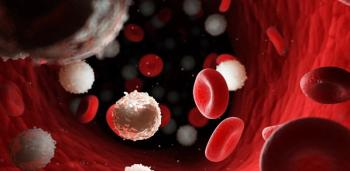
Among treated patients, 42% achieved 5-year event free survival.

GC012F also showed efficacy in B-cell non-Hodgkin lymphoma.
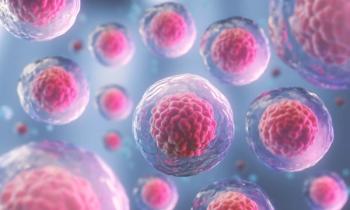
The CD-19 CAR T-cell therapy is developed using Curocell’s OVISTM platform.
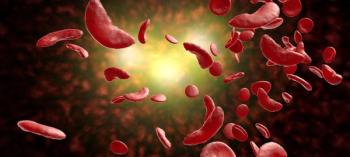
Results from the CLIMB THAL-111 and CLIMB SCD-121 trials were presented at the EHA 2022 Congress.
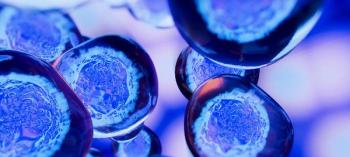
Response rates were significantly higher but patients had more cases of ICANS and CRS with axi-cel treatment compared to tisa-cel treatment.
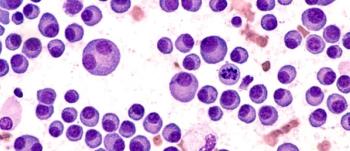
Participants in the trial achieved a sustained response and experienced low-grade toxicity.

A phase 2 clinical trial evaluating a T-cell memory enriched anti-CD30 CAR-T is now underway.

As of the data cutoff, 3 of 5 treated participants remain in complete response.
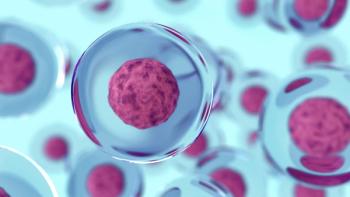
Statistically significant differences were seen in global health status, pain, and fatigue.

Three of 6 patients have an ongoing response.
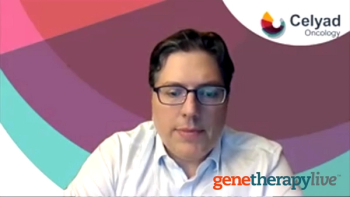
The chief executive and chief medical officers of Celyad Oncology discussed their platform and positive data presented at EHA 2021.
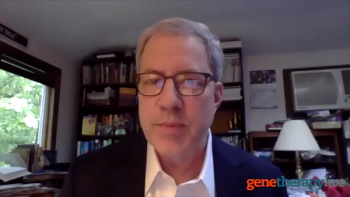
Manuel Litchman, MD, the president, chief executive officer, and director of Mustang Bio discussed the company’s lead and second program.

The president, chief executive officer, and director of Mustang Bio discussed the company’s pipeline.
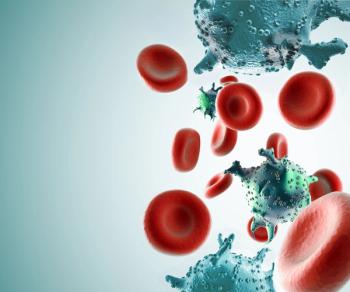
At the 18-month follow-up, the CAR T-cell therapy led to early, deep, and durable responses with a manageable safety profile in patients with relapsed/refractory multiple myeloma.
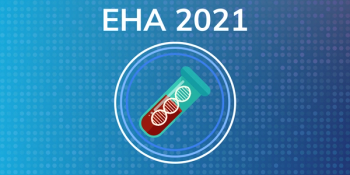
New studies into chimeric antigen receptor (CAR)–engineered natural killer (NK) cells has shown promising results, explained Ulrike Köhl, PhD, MD, professor of immune oncology and director of the Institute for Clinical Immunology at the University of Leipzig in Germany.

Neurologic adverse effect associated with CAR T-cell therapies like ciltacabtagene autoleucel can be managed without long-term lasting effects, as long as they are caught and treated promptly in patients with relapsed/refractory multiple myeloma.

Long-term efficacy assessment of brexucabtagene autoleucel demonstrated high rates of MRD negativity and CR rates in pediatric and adolescent patients with relapsed or refractory B-cell acute lymphoblastic leukemia.
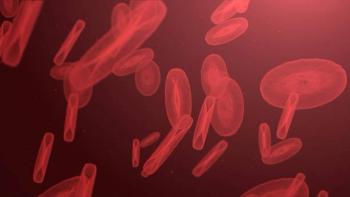
Bispecific T-cell engagers and chimeric antigen receptor T-cell therapies seem destined to move into earlier lines of therapy for multiple myeloma (MM), speakers at the European Hematology Association 2021 Virtual Congress said.
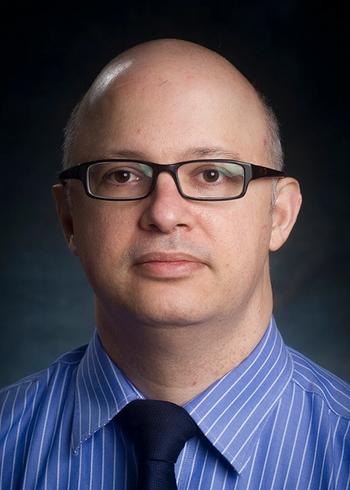
Treatment with the CAR T-cell therapy ciltacabtagene autoleucel significantly improved outcomes for patients with relapsed or refractory multiple myeloma when compared with conventional therapies.

Nilanjan Ghosh MD, PhD, highlights progress made with CAR T-cell therapies in B-cell lymphoma and some ongoing trials generating interest in the field.